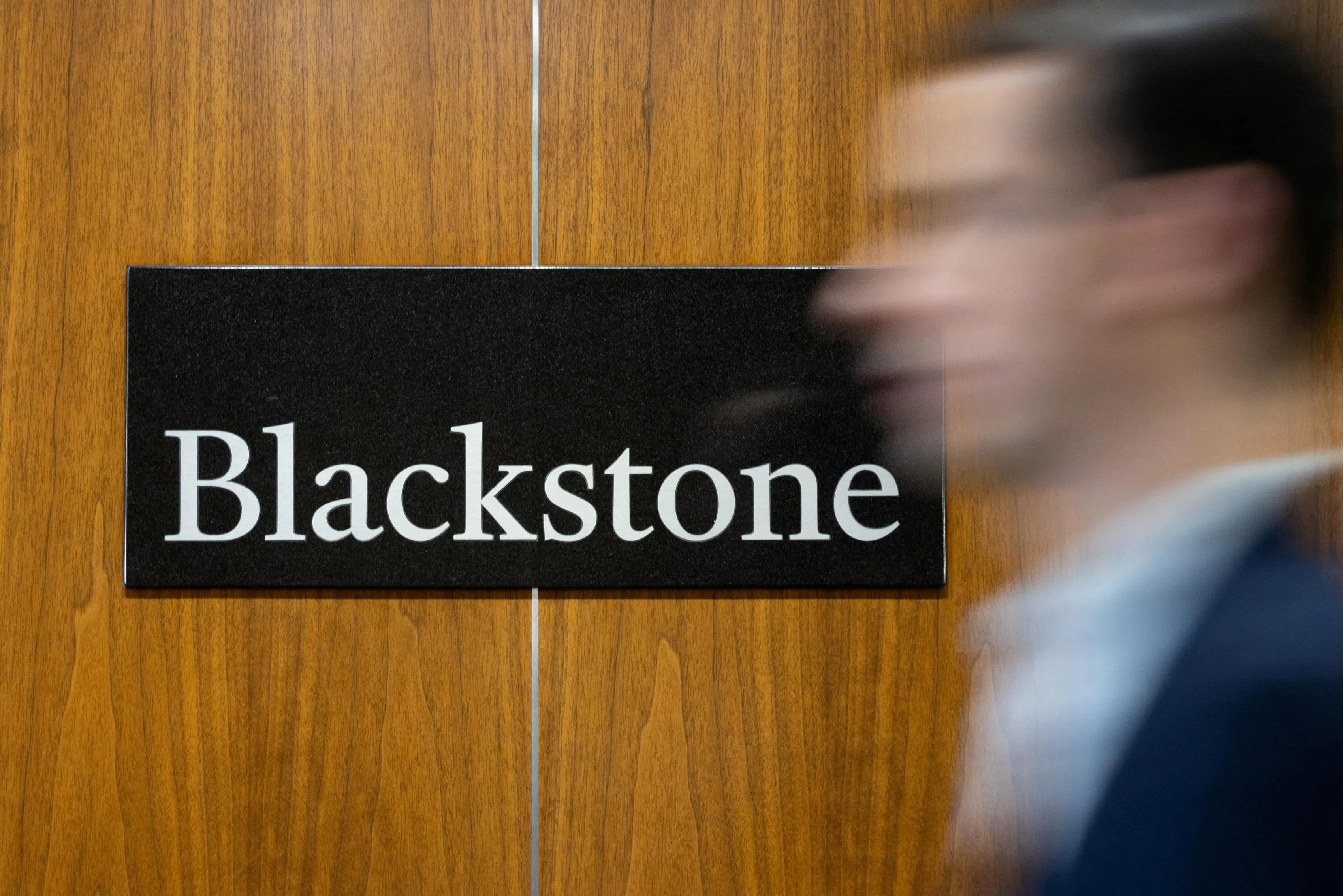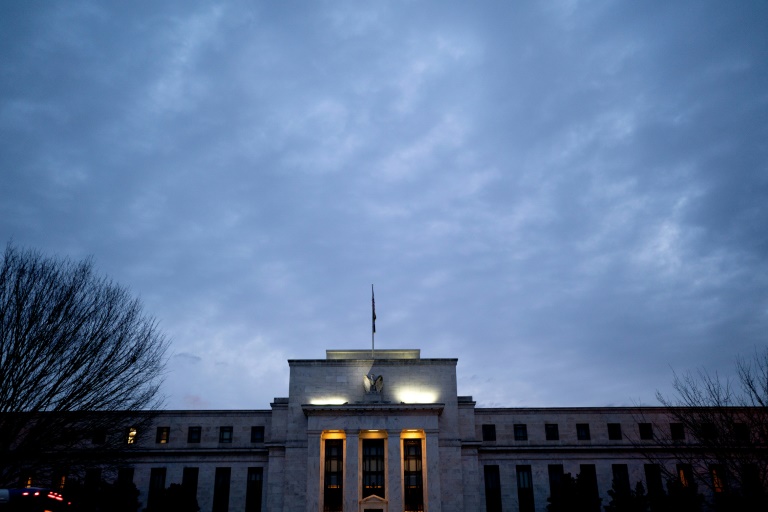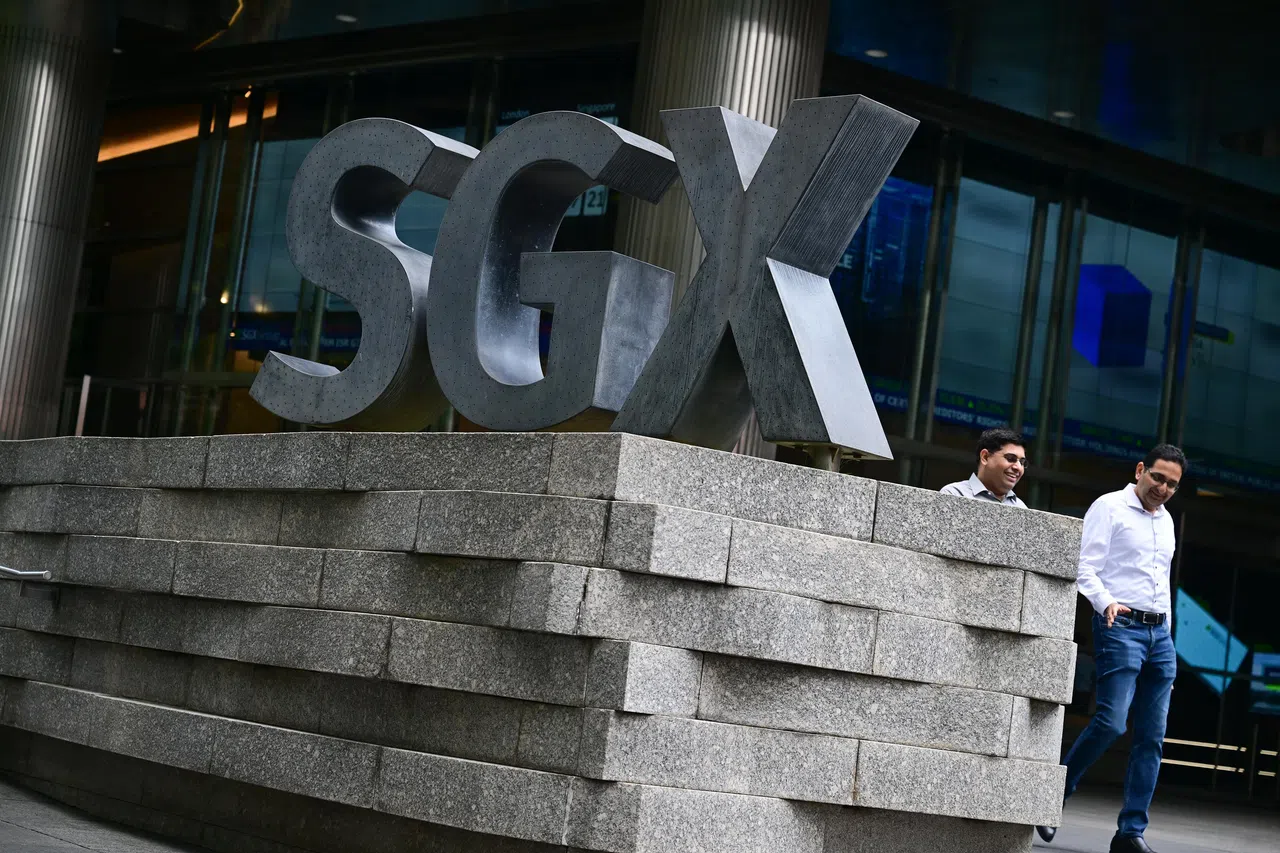BLACKSTONE has hired financial advisers to explore the sale of song rights, including music from Bob Dylan, Adele and Ariana Grande, that it expects to fetch US$3 billion or more, sources with knowledge of the matter said.
A handful of financial firms, including Apollo Global Management, Warburg Pincus and Temasek Holdings, Singapore’s state-owned investment firm, have expressed interest in the assets, said the sources, who asked not to be identified discussing private deliberations. There’s no guarantee the parties will reach a deal.
Blackstone, one of the world’s biggest asset managers, is testing what has been a frothy market for so-called performance rights. The company owns a portfolio of businesses led by Sesac, which collects royalties for thousands of songwriters. Sesac, originally called the Society of European Stage Authors & Composers, licenses music for public performances, and use in shows such as Grey’s Anatomy, NBC’s Dateline and Seinfeld.
Potential buyers reached out to Blackstone a few months ago after the private equity giant TPG sold its interest in GMR, another performing rights group, in a deal valued at US$3.3 billion. Blackstone is looking for similar valuation terms to be applied to Sesac, said the sources, though they cautioned the price might be too rich for some buyers.
Blackstone declined to comment, as did Apollo, Warburg and Temasek. Billboard reported in December that the company had received expressions of interest.
Blackstone bought Sesac in 2017 in a deal that valued the firm at about US$1 billion. The holdings also include the Harry Fox Agency and smaller providers of music services such as Audiam. Sesac is run by John Josephson, a former banker at Allen & Co.
A NEWSLETTER FOR YOU
Friday, 2 pm
Lifestyle
Our picks of the latest dining, travel and leisure options to treat yourself.
Valuations in the music business have soared in the years since then as the popularity of streaming boosted industry sales. Global recorded music revenue has more than doubled over the last decade, reaching US$28.6 billion in 2023, according to an industry trade group. Universal Music Group, the world’s largest music company, went public in 2021 and is currently valued at about US$46 billion.
Financial firms continue to look for new ways to invest in music. They have pumped money into catalogues, distribution, service providers and performance-rights organisations. In July, Blackstone acquired Hipgnosis, an owner of music catalogues, for US$1.6 billion. A year earlier, private equity firm New Mountain Capital paid a reported US$1.7 billion for BMI, one of the largest performance rights groups.
Performance rights are one of the least sexy parts of the music business. The two biggest players – Ascap and BMI – account for about 90 per cent of the market and collect fees governed by federal consent decrees dating back to 1941.
Sesac and GMR, two newer entities, are tiny compared with the leaders but are not governed by consent decrees. They are more profitable and growing more quickly, potentially giving them added value, the sources said.
Performing rights organisations such as BMI, GMR and Sesac historically collected songwriters’ royalties from radio stations, but have since begun to collect revenue from streaming as well. BLOOMBERG






